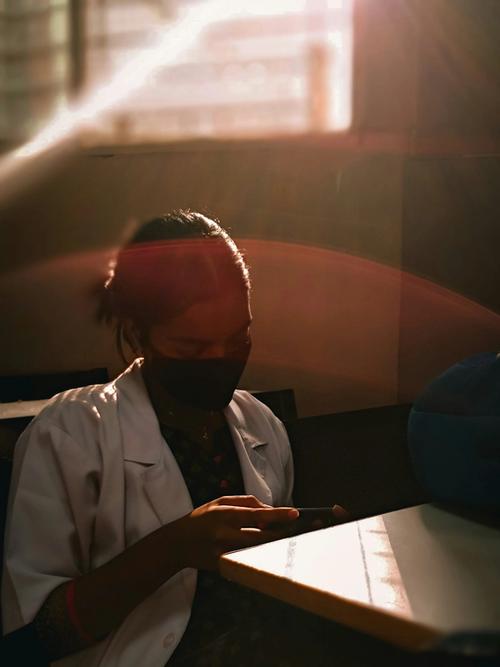
Reignite the spark in the work you love - without losing yourself.
Connection, nourishment and practical learning for teams, workplaces and community groups.

We know that there are significant workforce shortages in the helping professions. This applies to the care and support workforce, and in healthcare, across Australia nationally, and within individual states.
On an international scale, the World Health Organization has predicted a shortfall of 11 million healthcare workers by 2030.
Whilst these figures, and the escalating rates of mental ill-health amongst health professionals are alarming, there are many hopeful initiatives and an increasing evidence-base from which to draw inspiration, and to encourage practical steps forward.
This growing wave of hopeful momentum offers increased awareness, new frameworks for compassionate leadership, and models for collective care.
When it comes to mental health in healthcare, team culture is everything.
A compassionate healthcare culture is one where clinicians and staff feel valued, understood, and supported, both professionally and personally.
Compassionate team cultures nurture:
'Leadership and culture are two sides of the same coin'.
Creating these cultures begins with simple but powerful shifts:

Earlier this year, I joined Jo Muirhead* on The Entrepreneurial Clinician Podcast to talk about something long recognised in our professions, but now increasingly named for what it is: moral distress.
Moral distress occurs when our values are betrayed. It’s that deep unease that arises when you know what’s right or clinically appropriate, but the system, policies, or culture around you prevent you from acting on it.
When this happens repeatedly, it can create internal conflict, eroding our sense of integrity, meaning and purpose.
In our conversation, Jo and I explored how moral distress is often mistaken for burnout and how this distinction matters. Both require space for recovery. However, with moral distress, repairing an alignment between values and practice is particularly important.
The key takeaway?
Healing requires a dual focus:
As discussed in the episode, part of this healing is addressing the systemic flaws, and learning to discover what’s possible in conversations, in peer connection, or simple acts of kindness, that slowly rehumanise our workplaces, within us, between us, and around us.
Whether physical, emotional, or social, working with suffering inevitably affects us. It requires deep compassion, but also deep care of self and colleagues.
Investing in skills like non-violent communication, emotional literacy, and courageous conversation supports the development of more humane workplaces. These skills don’t remove discomfort - they help us to sit within it, with presence so that we can respond rather than react.
'Dig where the ground is soft.'
At times, change can feel too complex to tackle. As Françoise Mathieu of the TEND Academy puts it: “Dig where the ground is soft.”
Small actions accumulate: a moment of kindness, a conversation that restores hope, a new way of working that values presence as much as productivity.
There’s real movement toward a kinder, more sustainable healthcare culture.
A few examples include:
Together, these initiatives remind us that while the work is hard, hope is active, possible, and contagious.
If you’re leading a team, shaping culture, or simply trying to sustain yourself in healthcare work, remember that transformation begins in relationship.
We can’t separate personal wellbeing from collective wellbeing - they rise together.
At Tempo, this principle sits at the heart of our supervision and reflective practice programs: supporting those who care for others to reconnect with meaning, creativity, and community: the real foundations of sustainable care.
*You can listen to the full episode of Beyond Burnout: Healing Moral Distress in Healthcare – The Entrepreneurial Clinician Podcast here.
If this conversation resonates with you, you might like to explore our therapeutic supervision and professional-development offerings designed to sustain those who support others.

Reignite the spark in the work you love - without losing yourself.
Connection, nourishment and practical learning for teams, workplaces and community groups.

Creative embodied group supervision for therapists, clinicians and service providers
Join a small group of peers to learn, explore, connect, express and reflect through shared discussion, music and creative arts experiences.
Header image: Damian Siodlak